-
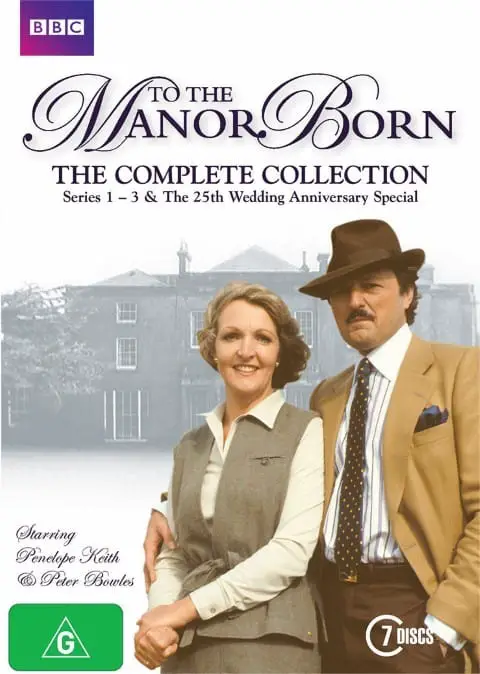
To The Manor Born Storytelling Techniques
To The Manor Born is a British romantic comedy series written by Peter Spence which aired from 1979 to 1981. The actors reunited for a Christmas special in 2007. The writer is also known for Rosemary & Thyme and Not The Nine O’Clock News. Spence is educated in politics and American studies, which come across
-
Black Mirror Season Four Storytelling Takeaways
Black Mirror is a science fiction anthology series exploring a twisted, high-tech world where humanity’s greatest innovations and darkest instincts collide. Each story says something about our relationship to technology and how technology affects our relationships with others. SEASON FOUR: USS CALLISTER LOG LINE: A virtual woman wakes up on a Star Trek-esque ship where the
-
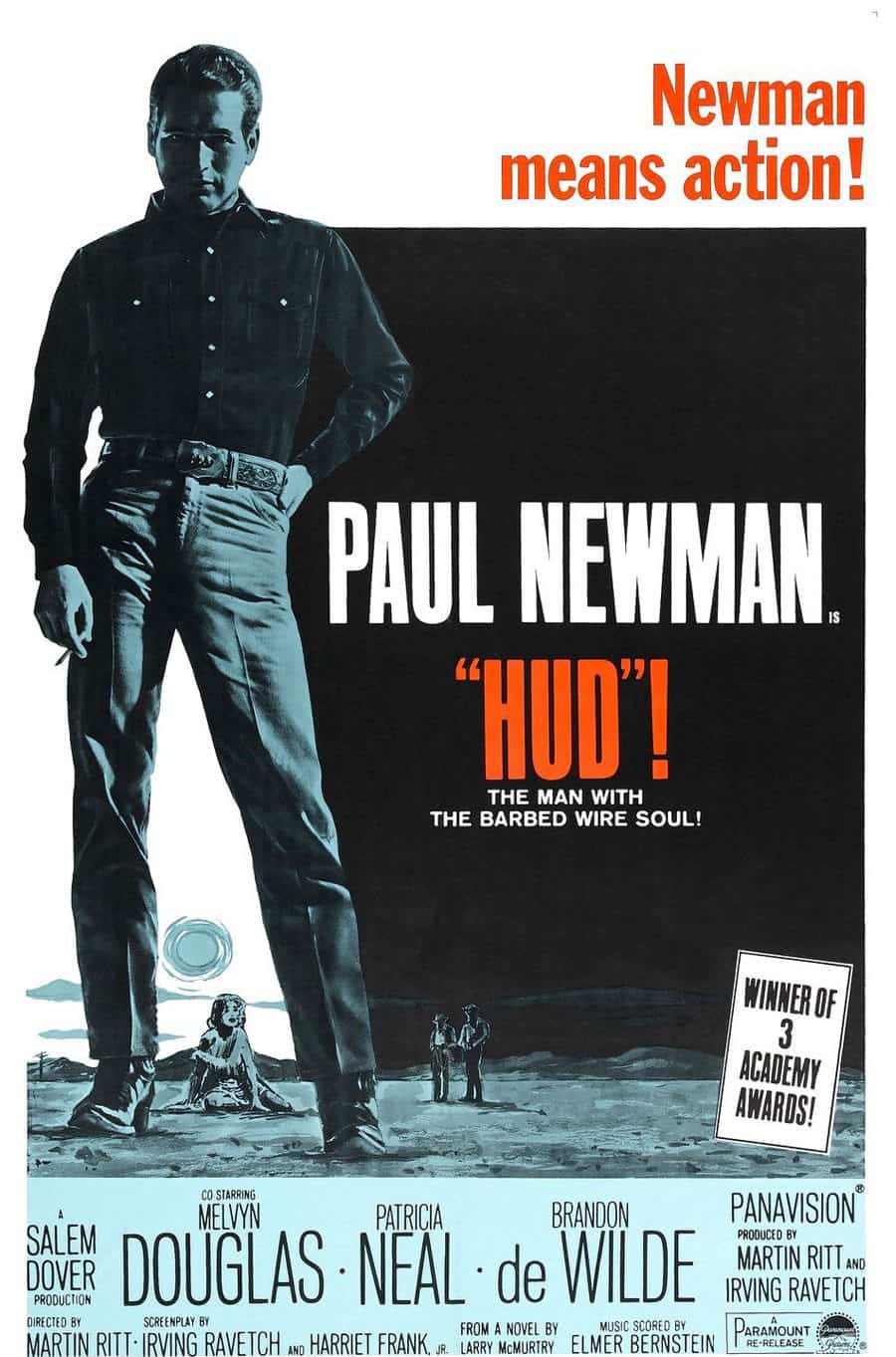
Hud Film Study
Hud is a 1962 black and white film based on Larry McMurtry’s first novel, Horseman, Pass By. There is a connection to children’s literature here — Patricia Neal who plays the housekeeper was Roald Dahl’s wife. Neal had a severe stroke not long after this film was made. Her recovery meant she had problems with
-
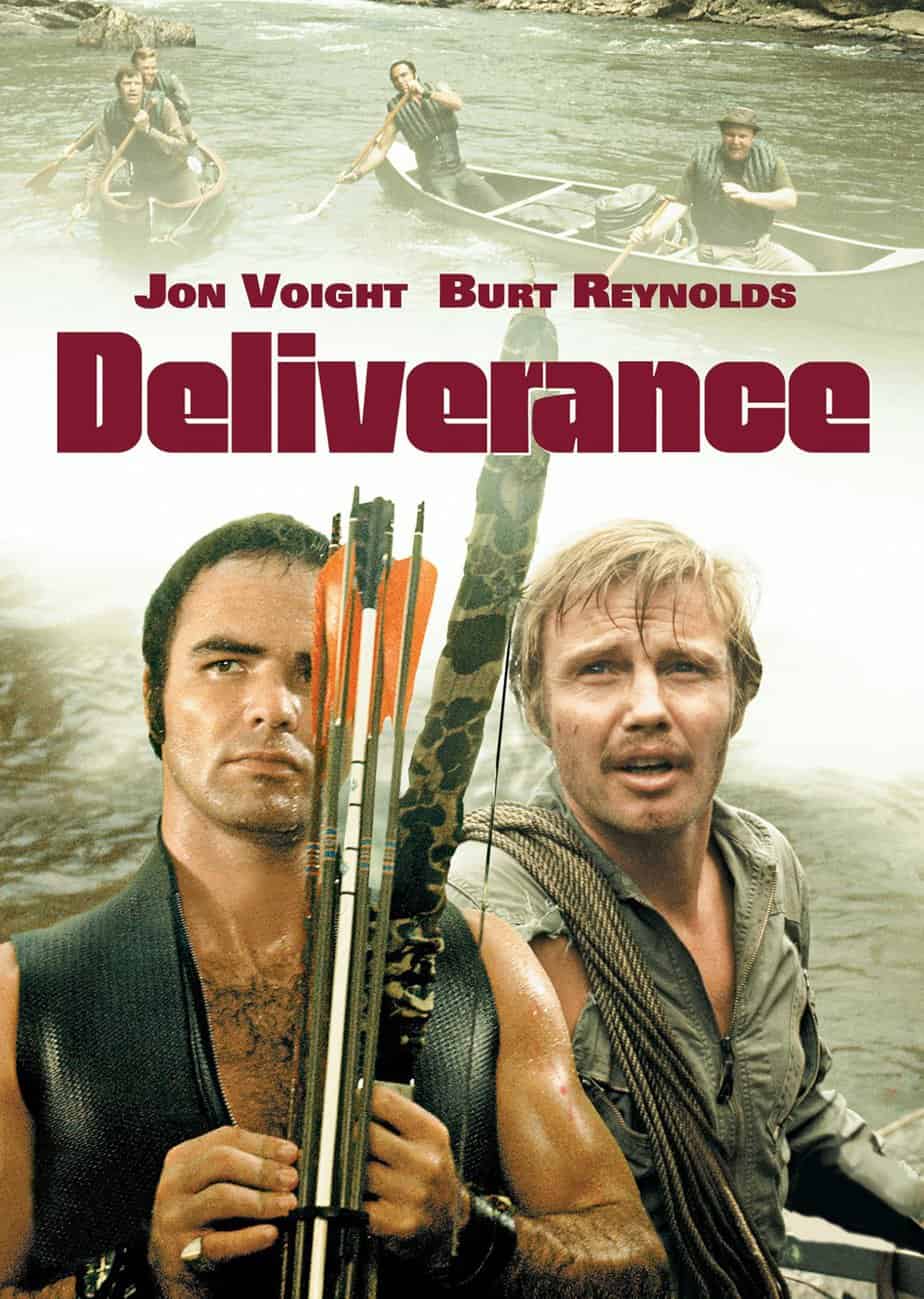
Deliverance Film Study
Deliverance is a 1972 movie based on the 1970 novel by James Dickey. Watch it in 2017 and it could have been made this year. The river setting, the timeless costuming, the themes and the film-making techniques have not dated. In fact, Deliverance continues to influence film to this day, including an homage in Carrie…
-

Character Empathy In The Sopranos Pilot
It is more difficult to write an antihero than to write a hero. Before creating Tony Soprano, David Chase served his apprenticeship writing a large number of likeable characters, such as amicably divorced Norman Foley from Almost Grown and 1950s Southern lawyer Forrest Bedford in I’ll Fly Away. He graduated to the antihero from there. If
-
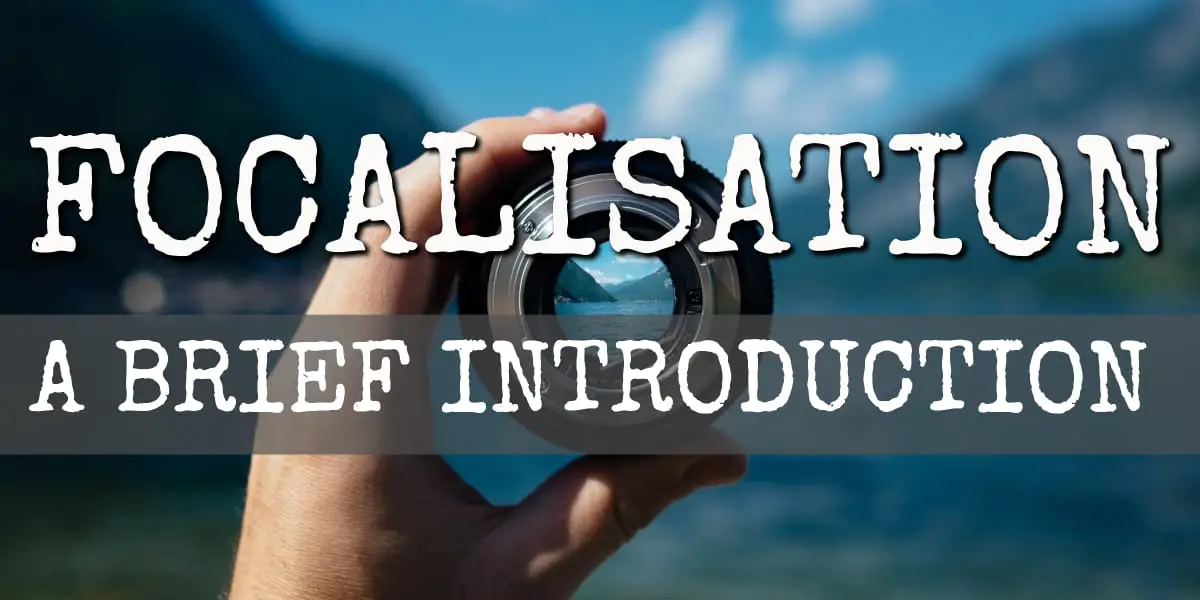
Narration and Storytelling: Focalisation vs Head Hopping
Every narratologist has their own set of terminology. It gets a bit overwhelming. Pick and choose the terms that are useful; discard the rest. Here’s one way of looking at narration in stories. Focalisation comes courtesy of French narrative theorist, Gérard Genette. When thinking about focalisation, we consider the following: Writers tend to think in
-
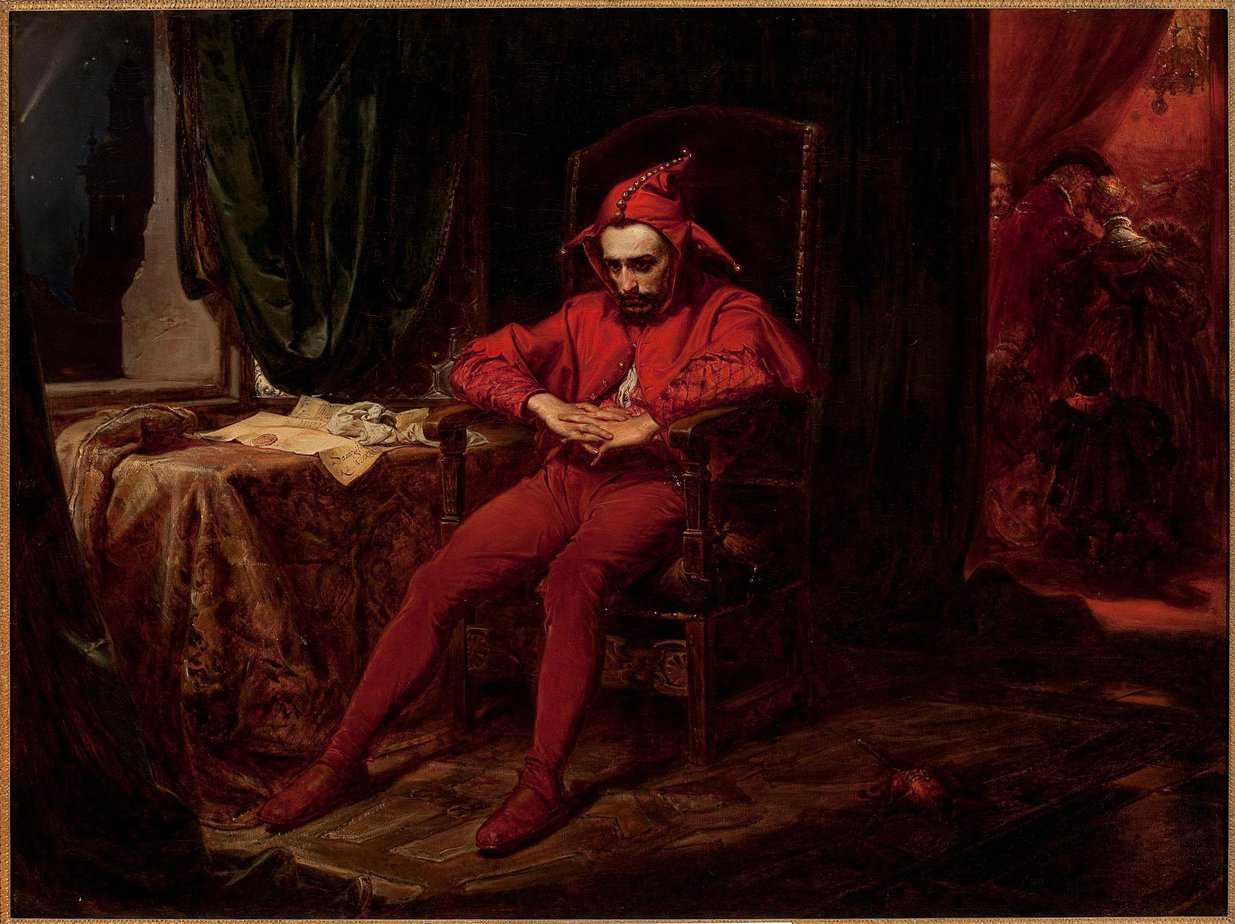
Boy Humour, Girl Humour
In children’s literature and film, the big-name comedy series are male heavy. Even when women write comedy and humour, they have the best chance of striking it big if they write about boys. Even better? The girls are arch nemeses (or sexualised enigmas) to the funny boys. Silly as it may sound, critics are still
-
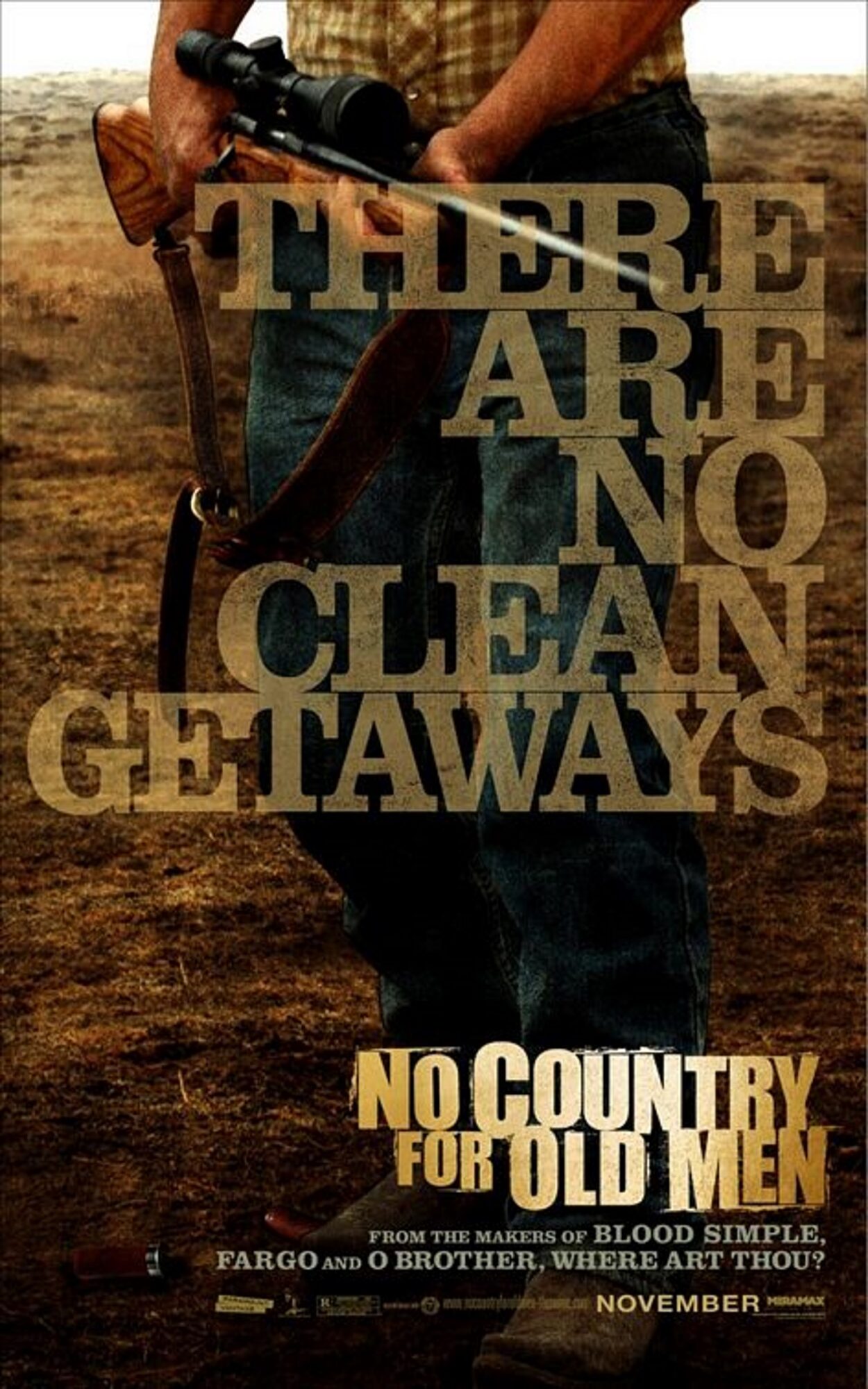
No Country For Old Men Film Study
No Country For Old Men is a 2007 film based on Cormac McCarthy’s novel. Drama combines with crime and thriller to create a story about the nature of evil.
-
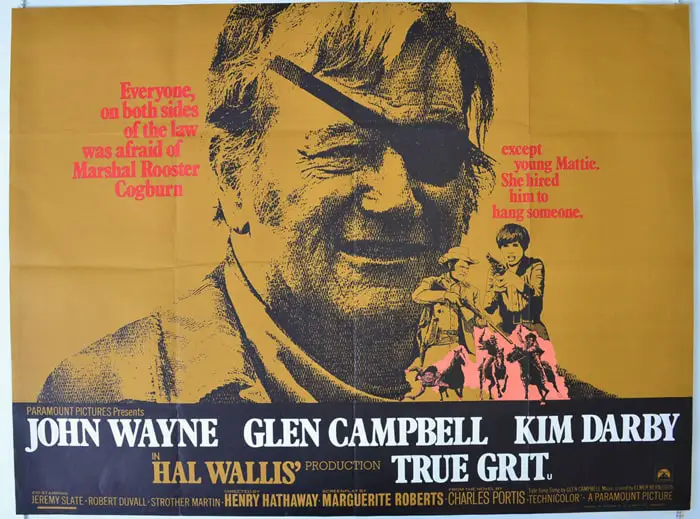
True Grit Film Study (1969)
When iconic Australian film critics Margaret and David reviewed the 2010 film True Grit they did enjoy it, but couldn’t see the point of a remake. The 1969 original stood the test of time, so they said. That’s what made me watch the original. Turns out the 1969 film is benign enough to watch with my…
-

Who is the main character?
Most of us writing about story pick one of the following terms and stick with it: On this blog I use these terms at random, though I’ve started to drift away from ‘hero’ in favour of ‘main character’. When I learned that, correctly, ‘protagonist’ means ‘the character who starts the action’, I dropped it completely,
-
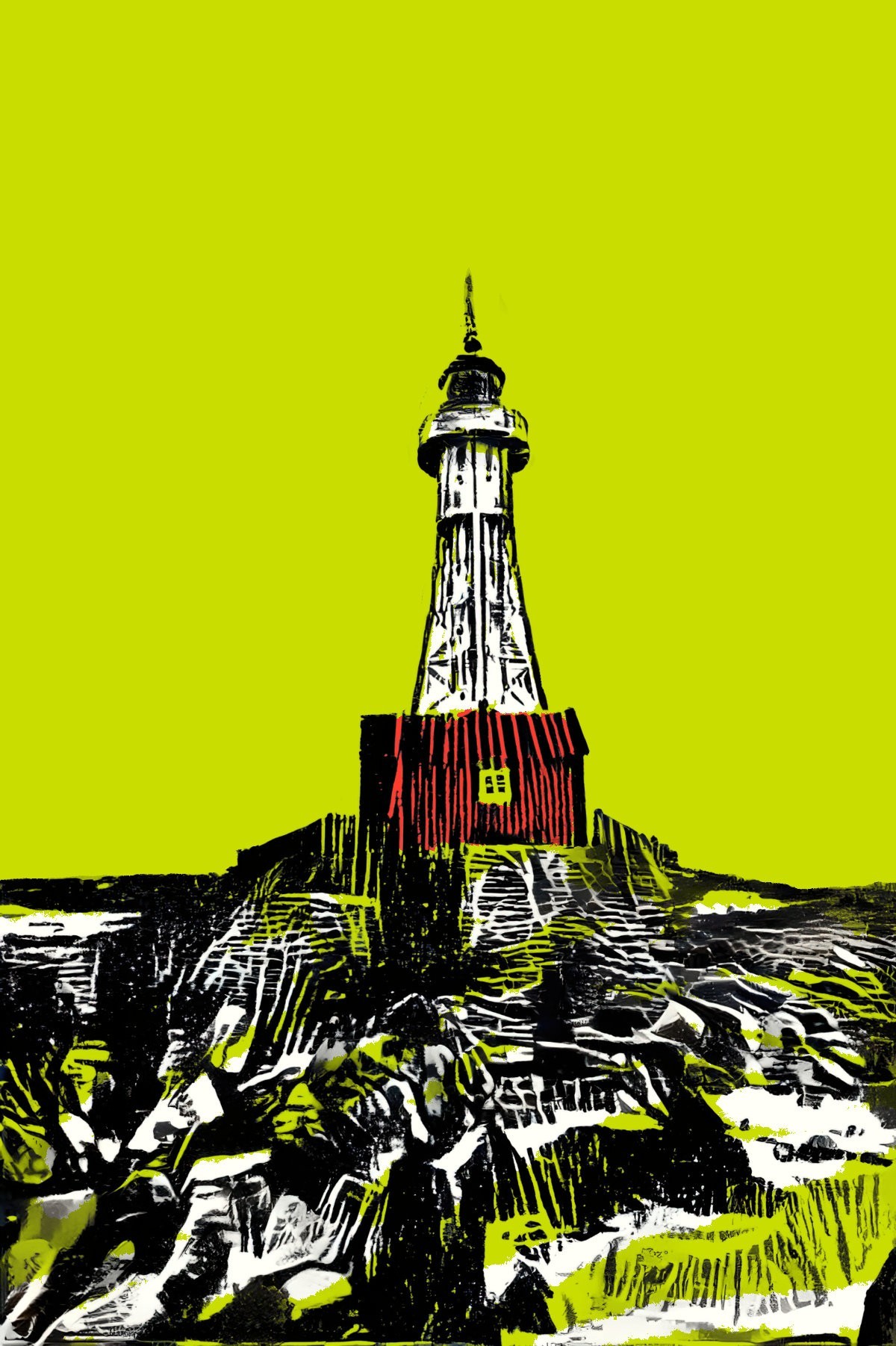
Definition of Anagnorisis and Other Similar Words
Anagnorisis is a moment in a work of fiction when a character makes a critical discovery. Even for plotters rather than pantsers, this is the part of writing that often emerges in the process of storycrafting.
-

How To Write An Unlikeable Main Character
In a previous post I wrote about how to make a character likeable. This is basically an expansion on that post, because when you’re writing an unlikeable character, you’re using the exact same tricks, except more of them. Then, when you’ve exhausted your toolkit, your morally repugnant character can get on with the job of
-
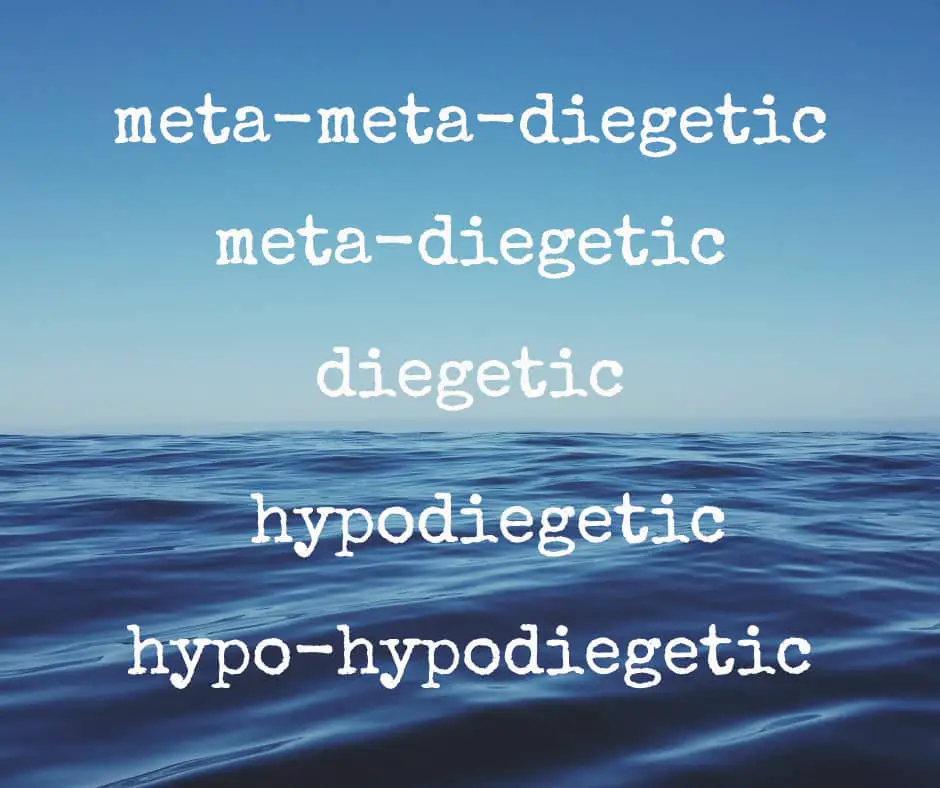
Narration and Storytelling: Diegetic Levels
When discussing ‘diegetic levels’ of a story, imagine a ground floor. Level zero. All events and characters featured on this level are part of the story. Level zero is the normal, basic narrative level in a text. A story may not have any other levels, but it will at least have a ground floor. This…
-

What is an extradiegetic narrator?
Writers think in terms of point of view: omniscient, third person, first person, second person. Close third person, universal first person and so on. For most purposes, point of view as a concept does fine. But it’s worth taking a brief look at terminology used by narratologists. Every narratologist comes with their own terminology. The
